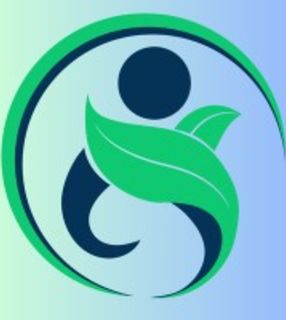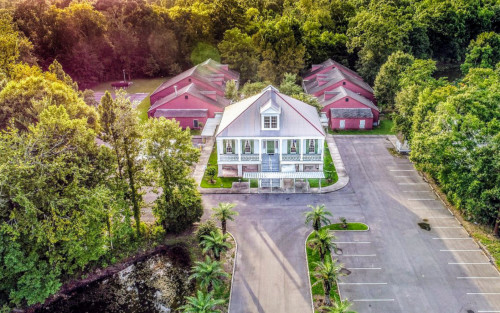

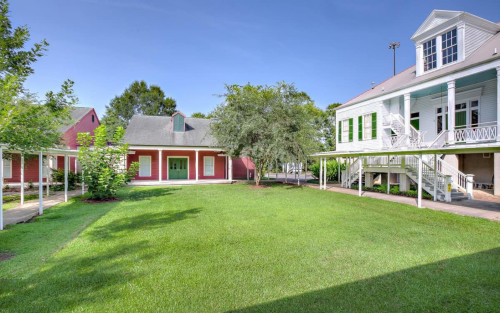



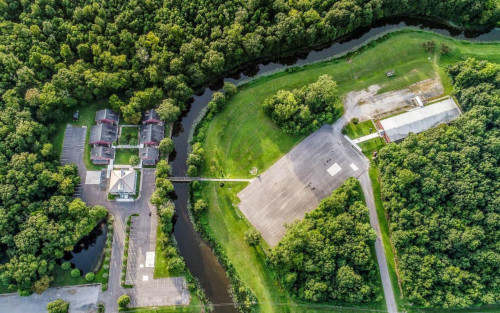
The Grove Recovery Center
Treatment Focus
This center primarily treats substance use disorders, helping you stabilize, create relapse-prevention plans, and connect to compassionate support.
Primary Level of Care
Offering intensive care with 24/7 monitoring, residential treatment is typically 30 days and can cover multiple levels of care. Length can range from 14 to 90 days typically.
Claimed
Recovery.com has connected directly with this treatment provider to validate the information in their profile.
Treatment Focus
This center primarily treats substance use disorders, helping you stabilize, create relapse-prevention plans, and connect to compassionate support.
Primary Level of Care
Offering intensive care with 24/7 monitoring, residential treatment is typically 30 days and can cover multiple levels of care. Length can range from 14 to 90 days typically.
Provider's Policy
Please contact The Grove Recovery Center's admissions team to hear more about your treatment options and insurance coverage.
The Grove Recovery Center
The Grove Recovery Center
About The Grove Recovery Center
The Grove Recovery Center offers holistic treatment for drug and alcohol dependence with their detox, residential, intensive outpatient, and sober living programs. The Grove has two campuses. The Ascension campus for detox, residential, and intensive outpatient treatment and resides on 10 acres of land with a bayou. Nearby, at their Baton Rouge campus, clients can continue care with sober living housing if desired.
At the Grove, a client’s medical, mental, and spiritual health is treated using a variety of therapy methods. The center is 12-Step with AA meetings on site, medication-assisted therapy, optional spiritual services, 1-on-1 counseling, psychiatric appointments, as well as recreational therapy. Additionally, family therapy is provided along with life skills training. Clients also have access to aftercare and outpatient group meetings for 6 months to a year after recovery.
The Grove campus consists of individualized units based on gender and program type. These houses have no more than 10-12 fellow clients and contain shared rooms. Program length can vary from 3-7 days for detox, 28 days for residential, and 6-12 weeks for intensive outpatient treatment. Additional time can be spent at their sober living housing in Baton Rouge.
The Grove Recovery Center is CARF accredited and accepts many private and public insurances.

Center Overview
Treatment Focus
This center primarily treats substance use disorders, helping you stabilize, create relapse-prevention plans, and connect to compassionate support.
CARF Accredited
CARF stands for the Commission on Accreditation of Rehabilitation Facilities. It's an independent, non-profit organization that provides accreditation services for a variety of healthcare services. To be accredited means that the program meets their standards for quality, effectiveness, and person-centered care.
Insurance Accepted
Cash Pay Rates
Estimated Cash Pay Rate
Center pricing can vary based on program and length of stay. Contact the center for more information. Recovery.com strives for price transparency so you can make an informed decision.
Meet Your Care Team
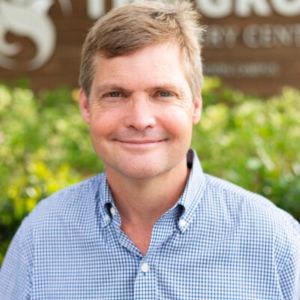
Adam Carney
Psych Nurse Practitioner
APRN
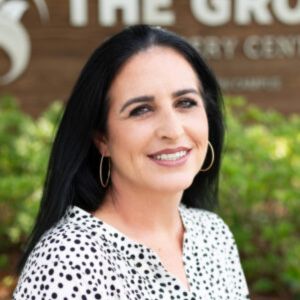
Amanda Tessitore
AMA Supervisor/Female Sober Living Director
CIT
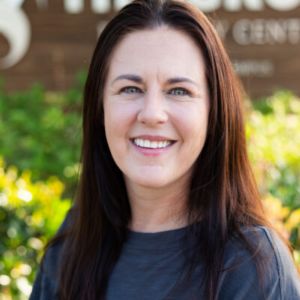
Janice Francois
Residential Counselor
CIT
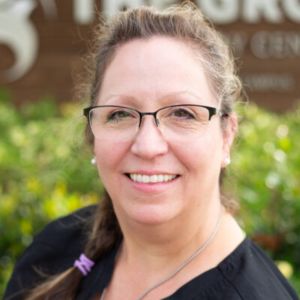
Andrea "Mickey" Crosby
Med Tech

Kelci Wagner
Residential Counselor
CIT
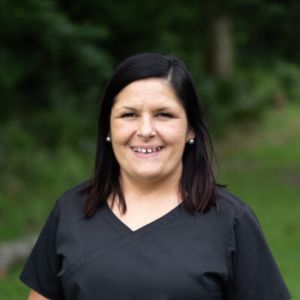
Paige Mabe
Med Tech

Rayme Falgout
Residential Counselor
NCC, LPC, LAC

Anna Mott
IOP Counselor
M.Ed., PLPC

Sonya Gaines
Director of Nursing
RN

Denise A. Thibodeaux
Co Owner/Clinical Director
MEd., NCC, LPC, LAC, CCS

Ashley Burch
IOP Counselor
CIT
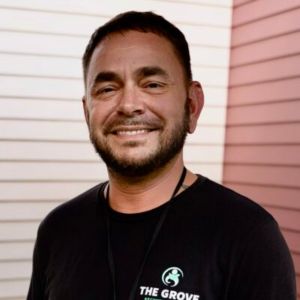
Jason Kearns
IOP Counselor
CIT

Kayla Broussard
Admissions Director

Dr. Jose Artecona
Medical Director
MD
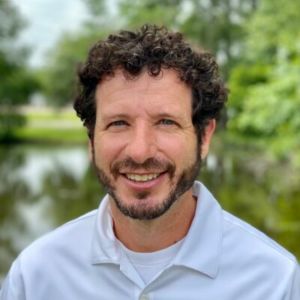
Benji Arboneaux
Family Nurse Practitioner
FNP-C, DNP, MBA
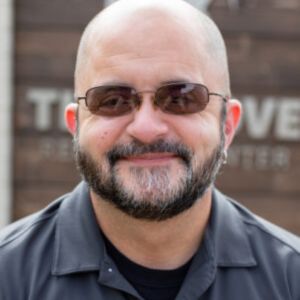
David Lee
Program Manager
RAC, CCS
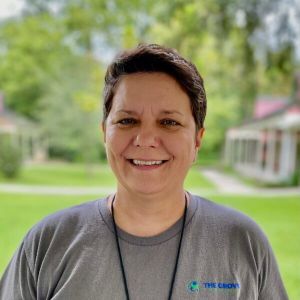
Hope LeMaire
Admissions Nurse
RN

Brandon Prettelt
Residential Counselor
CIT
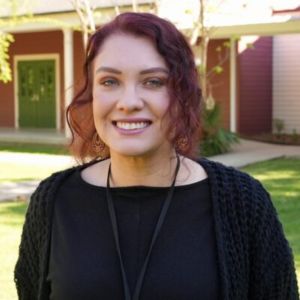
Brooke Gautreau
Residential Counselor
CAC
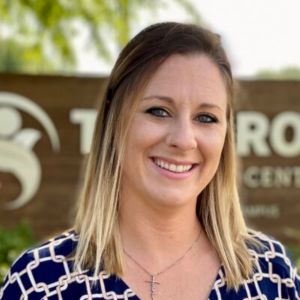
Jaycee Broussard
Residential Counselor
CIT

Cody Gautreaux
Co-Owner/Administrator
RAC,CCS

Raelyn Plauche
PRN Psych Nurse Practitioner
PMHNP
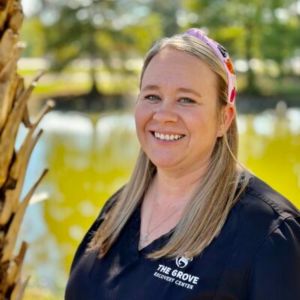
Amy Freeman
Med Tech
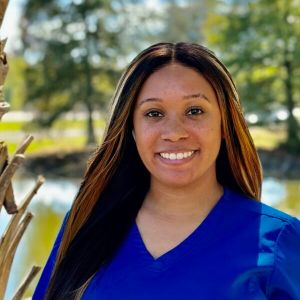
Timmia Humphrey
Admissions Nurse
RN, BSN
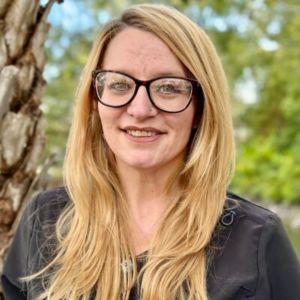
Carly Wiggins
Med Tech
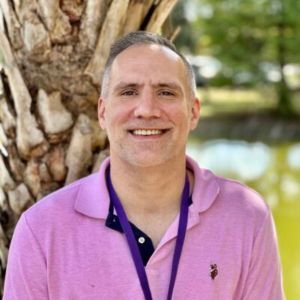
Jordan Dupont
Residential Counselor
CIT
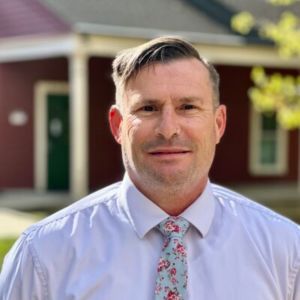
Kevin Skube
IOP Counselor
CIT
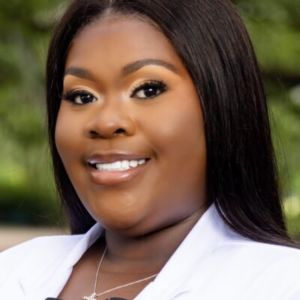
Chantel Wiley
Nurse Practitioner
APRN- FNP-BC

Karyn Moore Armstrong
Family Program Director
MS, PLPC
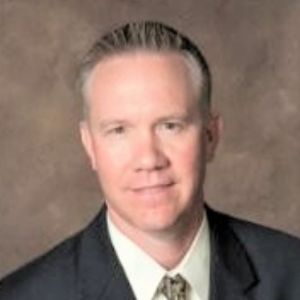
Kirby “Dewayne” Humbles
Medical Nurse Practitioner
NP-C

Sheena DW Hock
Clinical Supervisor
MS, LAC, ICAADC, ICCS, SAP
Levels of Care






Your Care Options
Who We Treat
Approaches
Holistic
A non-medicinal, wellness-focused approach that aims to align the mind, body, and spirit for deep and lasting healing.
Medical
Medical addiction treatment uses approved medications to manage withdrawals and cravings, and to treat contributing mental health conditions.
Twelve Step
Incorporating spirituality, community, and responsibility, 12-Step philosophies prioritize the guidance of a Higher Power and a continuation of 12-Step practices.
Therapies
1-on-1 Counseling
Patient and therapist meet 1-on-1 to work through difficult emotions and behavioral challenges in a personal, private setting.
Mindfulness Therapy
This ancient practice can be mental, emotional, and even spiritual. In meditation, you focus your attention on the present moment without judgement.
Family Therapy
Family therapy addresses group dynamics within a family system, with a focus on improving communication and interrupting unhealthy relationship patterns.
Life Skills
Teaching life skills like cooking, cleaning, clear communication, and even basic math provides a strong foundation for continued recovery.
Recreation Therapy
In recreation therapy, recovery can be joyful. Patients practice social skills and work through emotional triggers by engaging in fun activities.
Spiritual Care
Tending to spiritual health helps treatment become more effective, allowing patients to better cope with their emotions and rebuild their spiritual wellbeing.
Twelve Step Facilitation
12-Step groups offer a framework for addiction recovery. Members commit to a higher power, recognize their issues, and support each other in the healing process.
Substances We Treat
Alcohol
Using alcohol as a coping mechanism, or drinking excessively throughout the week, signals an alcohol use disorder.
Benzodiazepines
Benzodiazepines are prescribed to treat anxiety and sleep issues. They are highly habit forming, and their abuse can cause mood changes and poor judgement.
Cocaine
Cocaine is a stimulant with euphoric effects. Agitation, muscle ticks, psychosis, and heart issues are common symptoms of cocaine abuse.
Drug Addiction
Drug addiction is the excessive and repetitive use of substances, despite harmful consequences to a person's life, health, and relationships.
Heroin
Heroin is a highly addictive and illegal opioid. It can cause insomnia, collapsed veins, heart issues, and additional mental health issues.
Methamphetamine
Methamphetamine, or meth, increases energy, agitation, and paranoia. Long-term use can result in severe physical and mental health issues.
Opioids
Opioids produce pain-relief and euphoria, which can lead to addiction. This class of drugs includes prescribed medication and the illegal drug heroin.
Prescription Drugs
It's possible to abuse any drug, even prescribed ones. If you crave a medication, or regularly take it more than directed, you may have an addiction.






